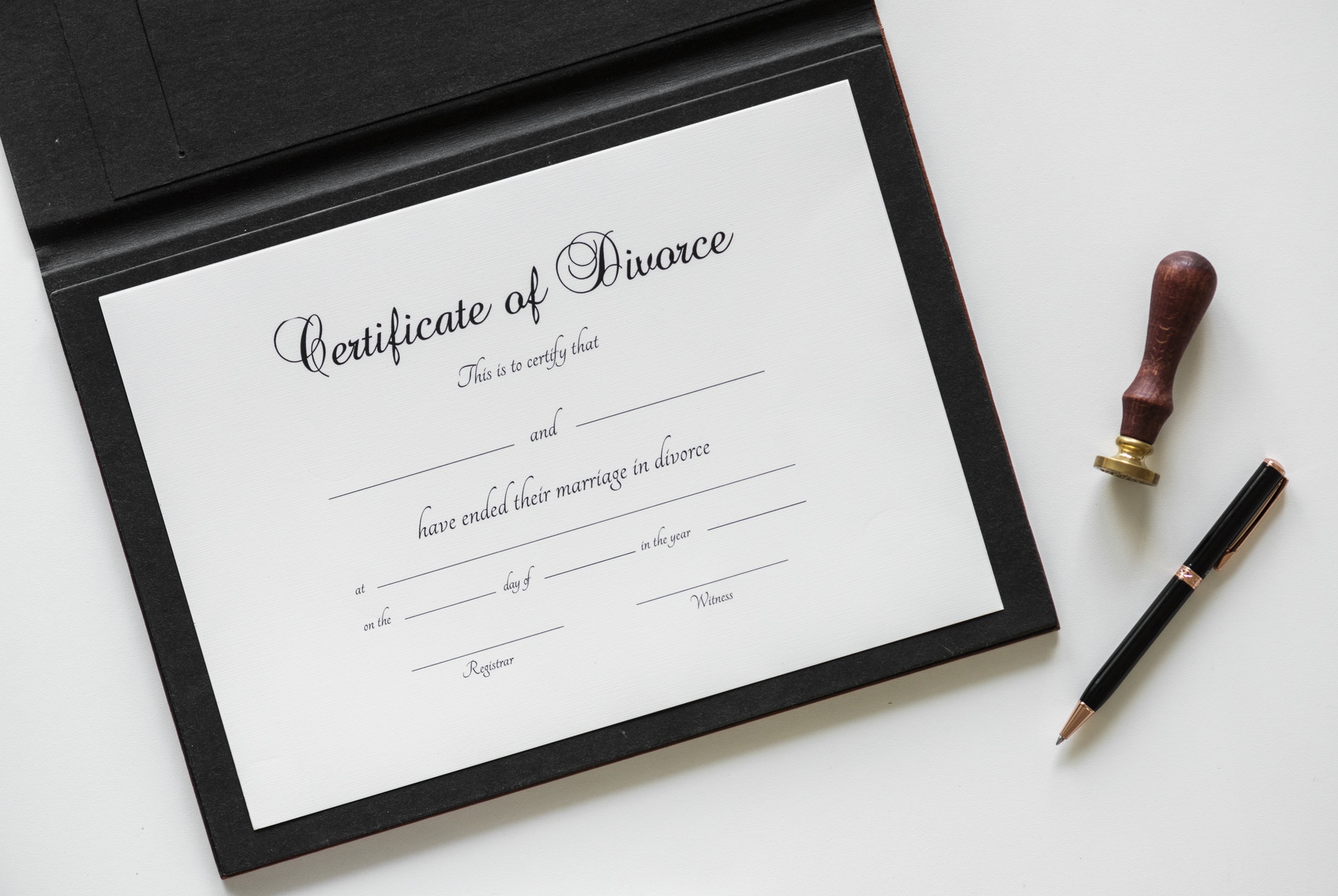You may be surprised to hear, that even when people who are going through a divorce or separation, have come to an agreement in relation to their property and financial matters – there is no automatic right that the Court will accept this agreement. Sometimes, the Court will reject the proposed agreement and will then proceed to make decision and determinations of the issues, whether you agree or not.
Doesn’t really sound very fair? Or does it?
On 7 March 2018, in the case of Silva and Phoenix, this is exactly what happened. Here are the facts:
- On 7 December 2015, Ms Phoenix(the wife) filed at the Federal Circuit Court for orders relating to finalising property between herself and her ex-husband Mr Silva
- On 8 July 2016, the Court appointed a litigation guardian for Mr Silva – they appointed his father to step into the shoes of Mr Silva for the proceedings, because the Husband had suffered a stroke in December 2015.
• On 20 January 2017, the Husband asked the Court to dismiss the proceedings.
• On 27 February 2017, Ms Phoenix asked the Court to make a property adjustment where she received 20% of the assets and her husband received 80%.
• The matter was set down for a final hearing on 18 April 2017.
• On 12 April 2017- Mr Silva and Mrs Phoenix agreed, that she would receive 10% of the property, being $30,000.
• The Judge refused to make the Orders and listed the matter for a Final Hearing to start on 25 September 2017.
• On 9 May 2017, the Husband filed an application asking that the Judge be disqualified from hearing the case.
• The Judge himself, heard the application on 23 June 2017 and on 27 June 2017, he rejected the Husband’s application.
• The Husband then appealed.
So when can a Judge be disqualified ?
When a Judge shows an actual or an appearance of bias and has pre-decided a case.
In this instance, the Court of Appeal found in favour of the Husband and made orders that disqualified the Judge.
The Court of Appeal said that not only was there an appearance of bias ( apprehended bias) but the Judge’s knowledge of what the Husband was prepared to offer the Wife ( i.e. his ‘compromised’) position was known to the Judge and where the Judge said that 10% was not a just and equitable adjustment of the assets and he was of the view that the Wife ought to receive more – this was clearly a case where the Judge had pre-judged the case and had shown bias.
The point of the case of Silva and Phoenix is this- even when you and your ex-partner come to an agreement regarding either parenting or property matters – the Court can reject the agreement if it doesn’t believe that the Orders are in the case of children in their best interests or just and equitable in the case of property matters !
Unfortunately it can then raise the issue of a Judge being biased against one side- if this happens, then there are obviously more delays, more costs and the matter takes longer to finalise.
Disclaimer: The information herein is not intended as legal advice- it is legal information of a very general nature. Where you have a family law matter and require specialist family law advice or representation, please contact us on 02 8999 1800 or info@cominoslawyers.com.au

